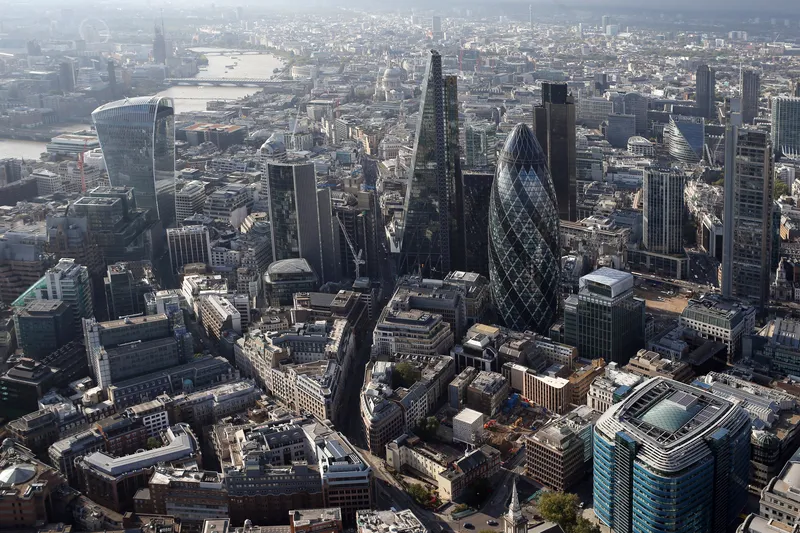
Yunex Traffic’s urban traffic control solution - UTC-UX - is now live across all of London, UK.
It manages and controls all of the UK capital's 5,500 traffic signal sites, replacing Transport for London (TfL)’s existing system.
Yunex says it delivers TfL’s ambitious real-time optimiser (RTO) programme and enables improved journey times, traffic flows and responses to incidents, as well as better data and customer information.
The company says the hosted ITC-UX system future-proofs London’s control system and road network with enhanced user interfaces and new functionality, including automatic database updates and bus priority capabilities.
It operates directly from a web browser, offering 'at-a-glance' system and junction status, and gives TfL the enabling platform to support the roll-out of the company’s Fusion multimodal network control platform, eventually replacing the Scoot system that has been in operation in London for more than 30 years.
UTC-UX was installed over a two-week period, and supports over 15,000 Scoot links, and makes use of over 16,000 Scoot detectors.
"London's road network plays a vital role in enabling millions of journeys each day and we're determined to ensure that people can walk, cycle, take the bus and drive as safely and efficiently as possible," says Carl Eddleston, TfL's director of network management and resilience.
"This world-leading new traffic management system will be a game-changer for us in London. It will use new data sources to better manage our road network, tackle congestion, reduce delay for people choosing healthier travel options and improve air quality."
Fusion ensures traffic management decisions and target outcomes for all road users, not just cars, are policy-driven - so that clean air outcomes are prioritised, for example, or active travel modes are made safer.
Wilke Reints, MD of Yunex Traffic in the UK, says: “Building on the UK’s track record of developing modern traffic management and control solutions, RTO provides a robust, reliable system that will meet the needs of the world’s largest cities, helping improve air quality, reduce congestion and make sustainable travel more appealing and accessible to everyone.”
Phase One of the programme saw Yunex working with TfL’s service delivery team to develop the new, cloud-hosted UTC solution which is now operational.
In parallel, Phase Two focused on the development of the Fusion adaptive control algorithms which will be "deployed across the whole of London over the coming years".
Phase Three - the final phase - sees Yunex take responsibility for maintaining the UTC system throughout the rest of the contract term.








